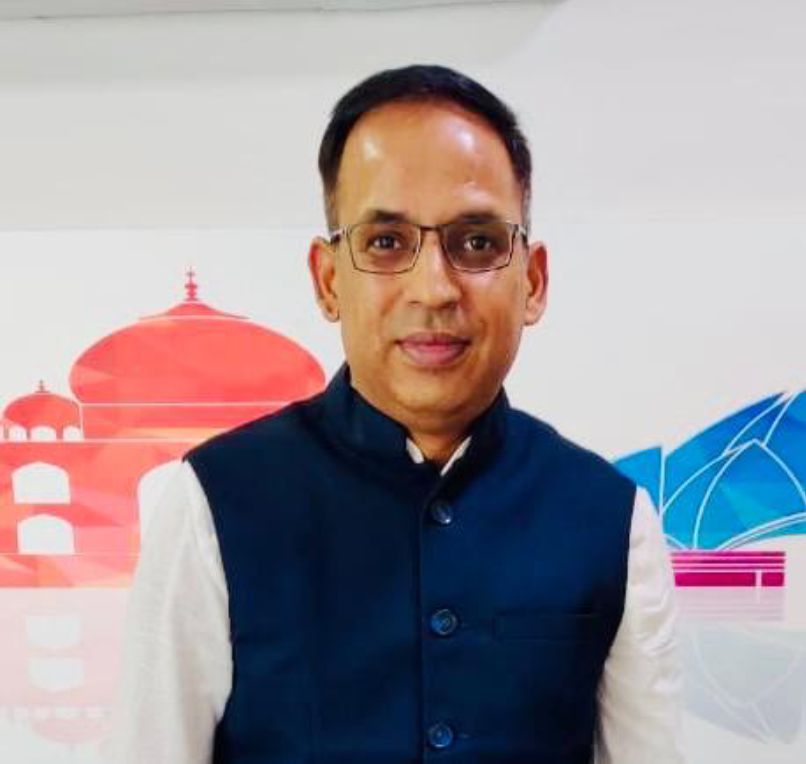The Indian float glass industry is grappling with significant challenges due to the influx of cheap imports, even in the presence of protective measures such as anti-dumping duties and quality control orders. Here is an in-depth analysis of the current situation, its impacts, and strategic solutions for manufacturers to navigate these hurdles effectively.
Current Situation
- Cheap Imports:
-
- Imported float glass, often from countries with lower production costs (like China, Malaysia, or Indonesia), continues to dominate the Indian market.
-
- Factors like subsidies in exporting countries, unethical pricing practices, and favorable trade agreements further exacerbate the problem.
-
- These imports often bypass regulations through under-invoicing, undervaluation, or false declarations, undermining the intent of anti-dumping measures.
- Anti-Dumping Duties:
-
- While these duties aim to level the playing field, their effectiveness is limited as importers find ways to maintain competitive pricing.
-
- Additionally, the duty rates may not adequately reflect the extent of cost disparities or subsidies provided by exporting countries.
- Quality Control Orders (QCOs):
-
- These regulatory measures ensure safety and adherence to standards but come with higher compliance costs for domestic producers.
-
- Imported glass, despite QCOs, may still reach the market through loopholes, creating further disparity.
Impact on Domestic Manufacturers
- Pressure on Margins: The availability of cheaper imported glass forces domestic manufacturers to lower their prices, squeezing profit margins.
- Delayed Investments: Financial strain discourages investment in advanced technologies and capacity expansion, affecting long-term competitiveness.
- Stunted Growth: With limited resources for innovation or market diversification, the industry’s growth potential is significantly restricted.
Strategic Solutions for Indian Float Glass Manufacturers
- Enhancing Operational EFiciency:
-
- Technology Upgrades: Adopt state-of-the-art machinery and digital tools like IoT and AI for precision manufacturing, energy savings, and waste reduction.
-
- Lean Processes: Implement lean manufacturing principles to optimize resource usage and reduce costs.
- Focusing on Quality DiFerentiation:
-
- Premium Products: Shift focus to producing high-grade float glass that meets or exceeds international standards.
-
- Brand Positioning: Build a reputation for reliability and quality to capture a discerning market segment willing to pay a premium.
- Developing Value-Added Products:
-
- Introduce specialized glass products, such as low-emissivity (Low-E) glass, solar glass, or laminated and coated glass, to cater to evolving market demands.
-
- Value-added products generally yield higher margins, reducing reliance on standard float glass sales.
- Market Diversification:
-
- Explore export opportunities in regions where Indian float glass has a cost or quality advantage.
-
- Expand domestically by targeting emerging sectors like renewable energy (solar panels) and smart architecture.
- Strengthening Advocacy Efforts:
-
- Collaborate with industry bodies to advocate for stricter anti-dumping measures, better enforcement of QCOs, and policies favoring domestic manufacturing.
-
- Request periodic review of duty structures to align them with market realities.
- Adopting Sustainability Practices:
-
- Invest in green manufacturing technologies, such as energy-efficient furnaces and renewable energy sources.
-
- Market eco-friendly products to environmentally conscious consumers and align with global ESG (Environmental, Social, Governance) standards.
Conclusion
The challenges posed by cheap imports require a multi-pronged approach, combining operational excellence, innovation, advocacy, and sustainability. By focusing on efficiency, quality, and diversification, Indian float glass manufacturers can not only withstand import pressures but also secure long-term profitability and global competitiveness. Collaborating with stakeholders, including government agencies, will be crucial in creating a favorable environment for the industry’s growth and resilience.
 Vivek: A Visionary Leader in the Glass Industry
Vivek: A Visionary Leader in the Glass Industry
Vivek is a distinguished leader with nearly 27 years of transformative experience in the glass industry. His career is marked by an extraordinary journey from starting as a Management Trainee to spearheading the growth of a small processing company into India’s second-largest float glass manufacturer and the third-largest solar glass producer.
With expertise in strategic sales and marketing, operational efficiency, and achieving global production benchmarks, Vivek is renowned for his ability to drive innovation, quality, and cost optimization. His visionary leadership and people-centric approach have built high-performing teams, delivering sustained profitability and growth. A recognized figure in industry forums, Vivek’s contributions have elevated standards and fostered innovation across the glass sector.
Professional Experience
Founder & CEO, FutureVue Solutions (Sep 2024 – Present)
Vivek founded FutureVue Solutions with the mission to empower the Indian glass industry to achieve global standards in production, quality, and cost-efficiency. Leveraging his extensive experience, FutureVue combines deep local expertise with world-class engineering to provide customized consultancy and services tailored to the unique needs of the sector.
Chief Operating Officer, Gold Plus Industries (Apr 1998 – Sep 2024)
Vivek began his career with Gold Plus when the company had a turnover of Rs. 5 crore and focused solely on glass processing. Over the years, he played a pivotal role in expanding the business into a Rs. 3,000-crore enterprise, establishing it as a leader in float and solar glass production.
- Held critical roles, including National Head of Sales and Marketing, CEO of the Processing Division, and Group COO.
- Served on the Board of Directors, contributing to strategic decision-making and organizational growth.
Key Leadership Roles & Industry Contributions
- Vice President, Federation of Safety Glass (FOSG): Played a key role in developing quality standards for India’s largest association of glass processors.
- Treasurer & Governing Body Member, Confederation of Construction Products and Services (CCPS): Provided strategic and financial oversight, enhancing the industry’s impact.
- Principal Member, Bureau of Indian Standards (BIS): Contributed to national standardization initiatives to align the glass industry with government priorities.
- Jury Member, Glass Bulletin Awards (GBA): Recognized and encouraged industry innovations through the prestigious GBA platform.
- Guest Speaker, ZAK Glasstech Seminars: Shared industry insights and expertise at India’s largest glass and fenestration exhibitions.
Vivek’s unparalleled industry knowledge, strategic foresight, and passion for excellence have left an indelible mark on the Indian glass sector. His journey continues to inspire professionals and drive advancements in the field.
